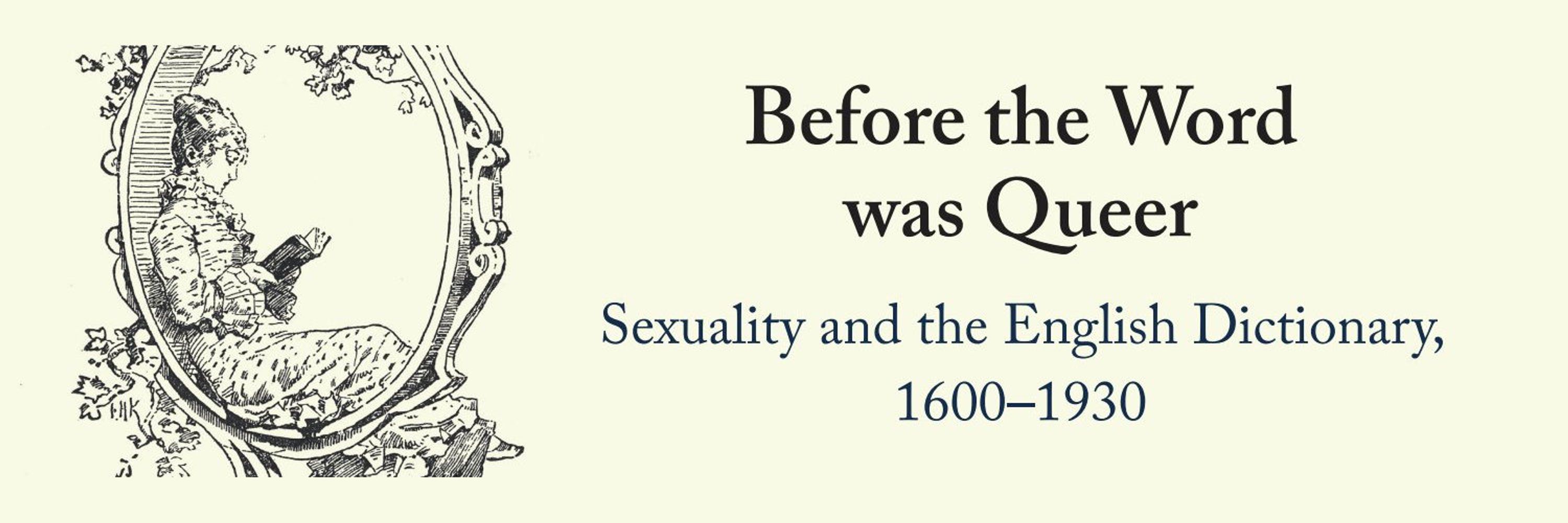Stephen Turton
@stephenturton.bsky.social
450 followers
130 following
100 posts
‘Stephen’ with a PhD. Studies the history of the English language in relation to society and culture. Owns too many dictionaries. Departmental Lecturer in English Language @universityofoxford.
Posts
Media
Videos
Starter Packs
Stephen Turton
@stephenturton.bsky.social
· Apr 29
Stephen Turton
@stephenturton.bsky.social
· Apr 23
Stephen Turton
@stephenturton.bsky.social
· Apr 10
Stephen Turton
@stephenturton.bsky.social
· Apr 10
Stephen Turton
@stephenturton.bsky.social
· Mar 25
Stephen Turton
@stephenturton.bsky.social
· Feb 12




















